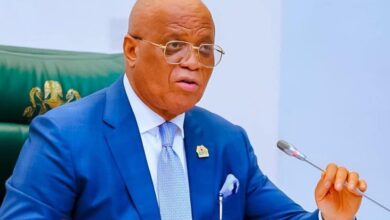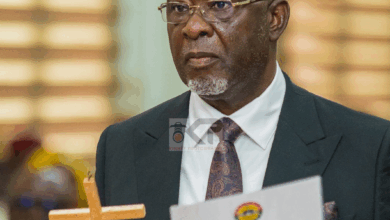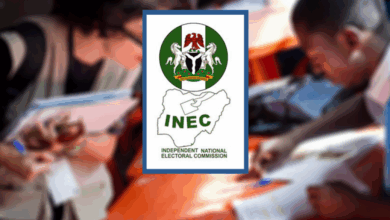Experts call for greater economic freedom and sustainable fiscal policies to boost Ghana’s growth

Economists and policy experts have underscored the need for Ghana to promote economic freedom, reduce bureaucratic barriers, and sustain ongoing fiscal stability efforts to strengthen private sector growth.
The call was made during a public discussion on economic freedom organised by the Institute for Liberty and Communication (ILC) in Accra, which brought together economists from the United States and Ghana to explore policies that can help small and medium enterprises (SMEs) grow and reduce poverty.

Director of Education and Senior Research Fellow at the American Institute for Economic Research (AIER), Ryan Young, urged governments to focus on creating an environment that allows individuals and businesses to take responsibility for improving their lives rather than relying on centralized plans.
“At the core, people have the potential to do great things when given the opportunity. The focus should be on removing rules and regulations that make it difficult for individuals to improve their own lives. Public policy should start from freedom, economic and personal, where individuals are empowered to make their own progress,” he explained.
Mr. Young emphasized that credit markets should be allowed to operate freely to support small businesses.
He noted that whenever governments set up new public funds or centrally managed loan schemes, they often compete with and weaken private lending systems.
“People should make lending decisions based on risk and reward, not administrators in an agency,” he said.
Director of Economics and Economic Freedom at AIER, Dr. Peter C. Earl, explained that economic development depends heavily on maintaining sound monetary policies, such as controlling inflation.
He commended Ghana’s recent decline in inflation to around 8–9%, calling it a positive sign that could lead to growth in employment and business activity if sustained.

“There’s no development without sound money. Ghana’s progress in reducing inflation is impressive. Stability in currency encourages investment and confidence. It’s important that the country doesn’t relax its efforts now,” Dr. Earl stressed.
He, however, warned that global trends, including the weakening of the U.S. dollar due to political and economic policies, could affect emerging economies like Ghana’s.
“A weaker dollar might make African exports to the U.S. more expensive, while U.S. goods become cheaper here. The long-term effects depend on how countries manage their local economies,” he added.
Vice President of IMANI Africa, Kofi Bentil, speaking on Ghana’s monetary outlook, said the Bank of Ghana’s interventions have helped stabilise the cedi but raised concerns about sustainability.
“The central bank’s responsibility is to stabilise the cedi, and they’ve done that well so far. The question is whether what they’re doing is sustainable. If the stability is artificial driven only by pumping dollars into the market then we will pay a heavy price when that stops,” he cautioned.

Mr. Bentil called for transparency in how the central bank manages its gold reserves and interventions, saying it would help build public confidence.
He also urged consistency in economic management, noting that stability over time is more important than short-term gains.
“Prices don’t immediately respond to changes in the exchange rate. What matters is a stable, predictable economic environment that allows businesses to plan ahead,” he explained.
He added that the programme was designed to promote ideas that encourage private sector participation and investment.
“Our aim is to promote economic freedom. People should be able to set up businesses, register them easily, and grow them without unnecessary barriers. The government’s role is to regulate fairly and create an environment where businesses can thrive,” he said.
He lamented that Ghana’s business registration and taxation processes remain cumbersome, describing the country’s bureaucracy as a major obstacle to entrepreneurship.
“Even though we’re not as bad as some socialist countries, starting a business in Ghana is still too difficult. The government must simplify the process to make it easier for small businesses to enter the market,” he urged.
By: Jacob Aggrey
🔗 Follow Ghanaian Times WhatsApp Channel today. https://whatsapp.com/channel/0029VbAjG7g3gvWajUAEX12Q
🌍 Trusted News. Real Stories. Anytime, Anywhere.
✅ Join our WhatsApp Channel now! https://whatsapp.com/channel/0029VbAjG7g3gvWajUAEX12Q






